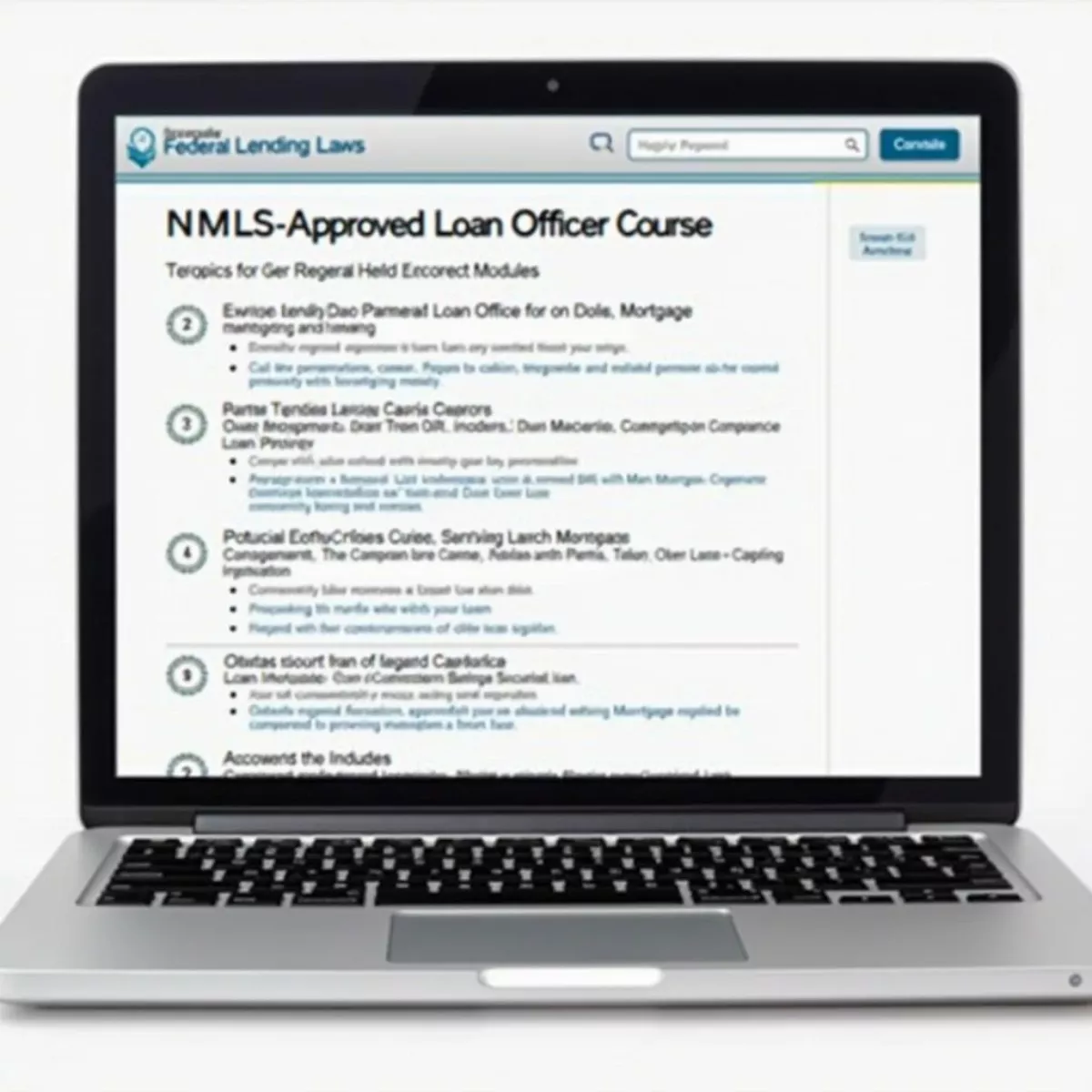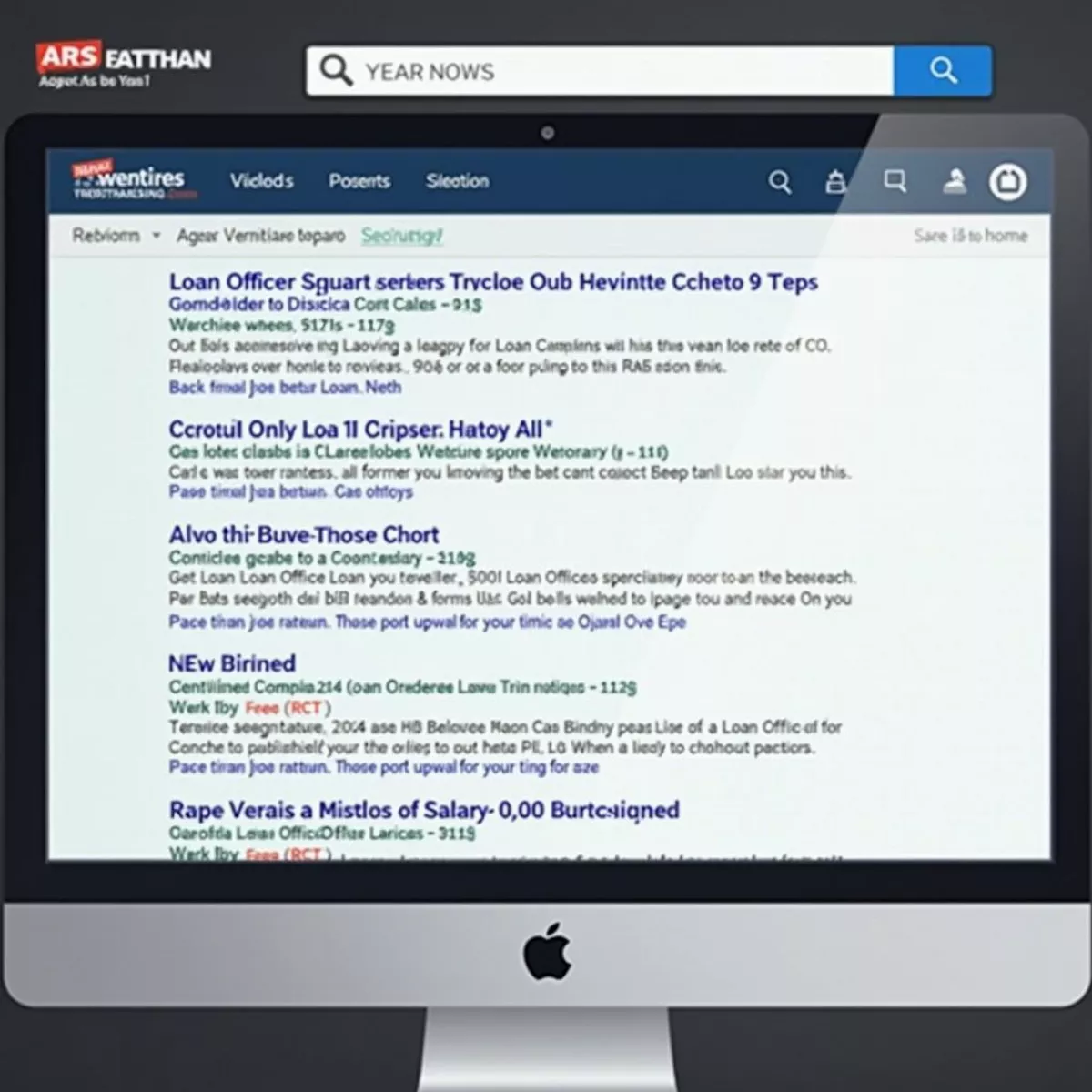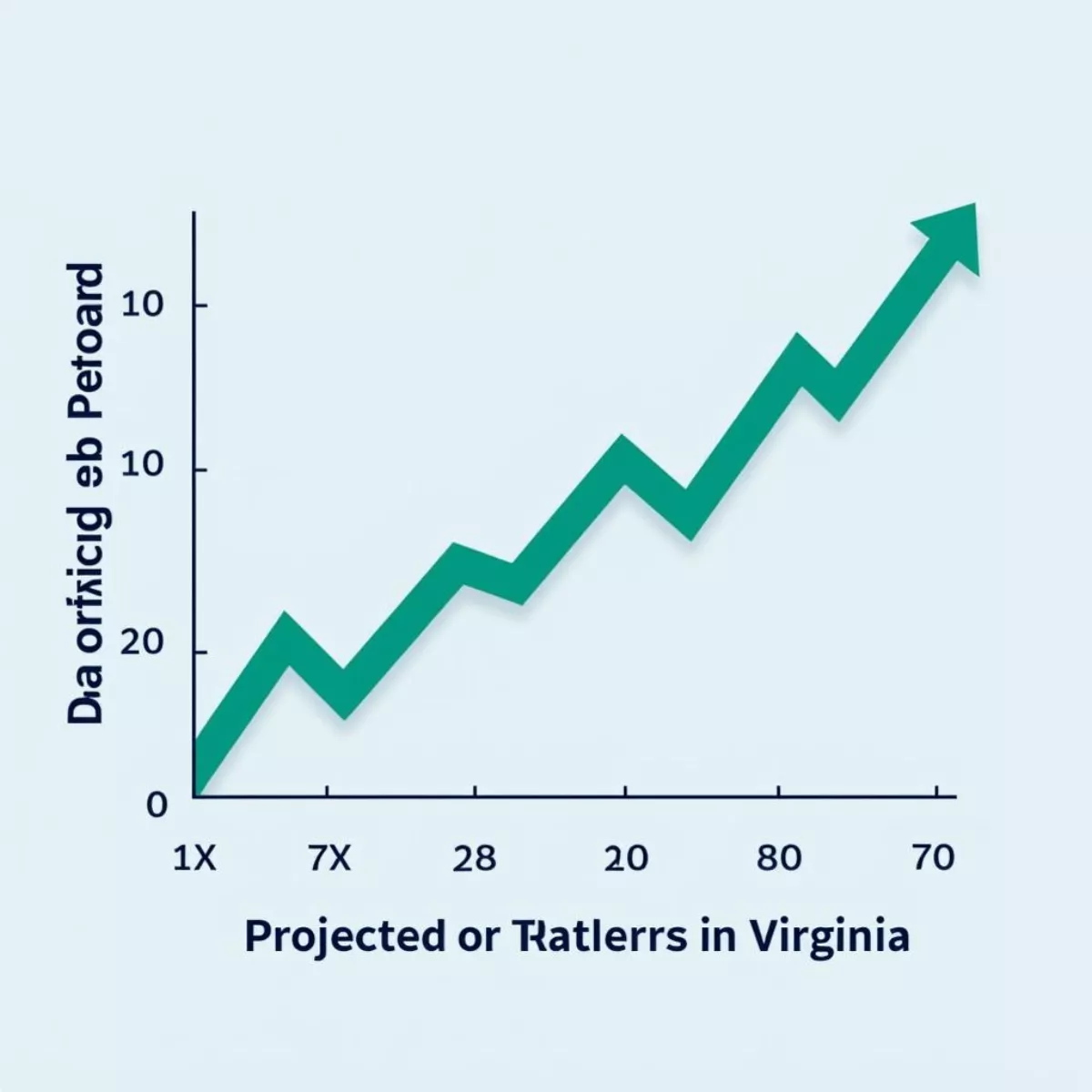Thinking about a career as a loan officer in Virginia? You’re in the right place! In this detailed guide, we’ll break down everything you need to know to step into this rewarding profession in the finance industry. A loan officer’s job is not just about numbers; it’s about helping people achieve their dreams, whether that’s buying a home, a car, or funding their education. Let’s embark on this journey together!
What is a Loan Officer?
A loan officer acts as a liaison between borrowers and financial institutions. Their main responsibilities include:
- Evaluating loan applications
- Analyzing credit and financial information
- Approving or denying loans based on specific criteria
- Advising clients on loan products that suit their needs
Loan officers can specialize in various types of loans such as mortgages, auto loans, or commercial loans.
Why Become a Loan Officer in Virginia?
Virginia has a robust economy, making it an ideal place for aspiring loan officers. Here are some reasons to consider this career path:
- High Earning Potential: Loan officers can earn a lucrative salary along with commission,
- Job Satisfaction: Helping clients achieve their financial goals can be incredibly fulfilling,
- Flexible Work Environment: Many loan officers enjoy the option to work remotely or have flexible hours.
 Loan Officer Helping Clients
Loan Officer Helping Clients
Step-by-Step Guide to Becoming a Loan Officer in Virginia
1. Meet the Basic Requirements
Before diving into the professional qualifications, let’s cover the essential baseline requirements:
- Age: You must be at least 18 years old to work as a loan officer.
- Education: A high school diploma or equivalent is needed; however, a bachelor’s degree in finance, business, or economics is preferred.
2. Gain Relevant Experience
While it’s possible to enter the field without related experience, having a background in finance or customer service can help:
- Internships: Seek internships in banks or credit unions to learn about loan processing and customer service.
- Entry-level Positions: Consider roles like bank teller or credit analyst to gain valuable experience.
3. Complete Required Pre-Licensing Education
In Virginia, loan officers must complete pre-licensing education:
- NMLS Education: A minimum of 20 hours of NMLS-approved education is required. This includes:
- 3 hours of federal law
- 3 hours of ethics
- 2 hours of non-traditional mortgage lending
- 12 hours of elective courses
 Online Loan Officer Course
Online Loan Officer Course
4. Pass the NMLS Exam
After completing your education, you’ll need to take the NMLS exam. Here’s how to prepare:
- Study Resources: Use online platforms, textbooks, or workshops to prepare.
- Practice Tests: Familiarize yourself with the exam format through practice questions.
Tip: Aim to spend at least 10-20 hours studying the material leading up to the exam.
5. Apply for Your License
Once you pass your exam, it’s time to apply for your loan officer license:
- Remember to Submit: A completed application through the NMLS (Nationwide Multistate Licensing System).
- Background Check: Be prepared for a criminal background check and credit screening.
6. Find Employment
Start searching for positions as a loan officer. Here are a few tips:
- Networking: Connect with professionals in the industry through platforms like LinkedIn.
- Apply: Look for job openings in banks, credit unions, and mortgage companies.
 Job Search for Loan Officers
Job Search for Loan Officers
7. Consider Specialized Training
Once employed, you may want to consider further specialization. This can increase your market value. Training resources can include:
- On-the-job training: Gain hands-on experience through your employer.
- Certifications: Pursue certifications such as the Certified Loan Officer (CLO).
8. Stay Informed
The financial landscape is constantly changing. Keeping up with trends and regulations is critical for success:
- Attend Workshops: Engage in professional development workshops.
- Read Financial News: Stay current with news about loans, mortgage rates, and Federal policies.
Key Skills for Success as a Loan Officer
Loan officers possess several essential skills:
- Communication: Clear communication helps in explaining complex financial concepts.
- Analytical Skills: Analyzing a client’s financial situation accurately is crucial.
- Sales Skills: The ability to sell financial products effectively is vital for increasing your income through commissions.
- Interpersonal Skills: Building relationships with clients leads to trust and repeat business.
Key Takeaways
- Education and Training: Complete the necessary education and pass the NMLS exam.
- Experience Matters: Start by gaining relevant experience through internships or entry-level positions.
- Stay Updated: Keep informed about industry changes to remain competitive.
- Networking: Build connections with industry professionals to find new job opportunities.
By following these steps, you can navigate your way to a successful career as a loan officer in Virginia. Remember, it’s a journey filled with opportunities to help others manage their financial lives. Good luck!
Frequently Asked Questions (FAQ)
Q1: What is the salary range for a loan officer in Virginia?
A: The salary can vary widely based on experience and location, typically ranging from $40,000 to over $100,000 annually, including commission.
Q2: Do I need to specialize in a particular type of loan?
A: While it’s not required, specializing can help differentiate you and may open more career opportunities.
Q3: How long does it take to become licensed after starting the process?
A: The entire process can take anywhere from a few months to a year, depending on your pace and availability for study.
Q4: What’s the importance of networking in this field?
A: Networking helps you find job leads, stay updated with industry trends, and gain referrals from satisfied clients.
Q5: Can I work as a loan officer without a degree?
A: Yes, it’s possible but having a degree in finance or business may improve your job prospects.
Q6: Are there ongoing education requirements after obtaining a license?
A: Yes, loan officers in Virginia must complete continuing education to renew their licenses every year.
Q7: What are the risks of becoming a loan officer?
A: The primary risks include income fluctuations based on commission and potential job stress due to client pressure.
Q8: Can you work as a part-time loan officer?
A: Some companies may allow for part-time positions, but full-time roles are more common.
Q9: What kind of client base can I expect?
A: Your client base can range from first-time homebuyers to seasoned investors, depending on your area of specialization.
Q10: Is this a stable career?
A: The loan officer job market can fluctuate with economic changes, but it is generally considered stable due to constant housing and lending needs.
 Loan Officer Job Growth
Loan Officer Job Growth
By following this guide, you can confidently take the necessary steps to become a successful loan officer in Virginia. Remember, it’s a journey filled with opportunities to help others manage their financial lives. Good luck!
